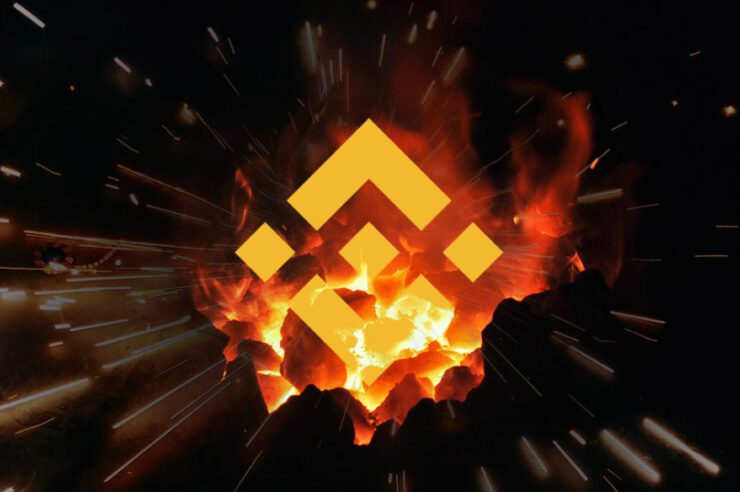I understand that my perspective might not be well-received, but I’m determined to express my opinion with clarity and reasoning. If Binance were to face failure, it could potentially hinder legitimate cryptocurrency adoption for a prolonged period, perhaps even within our lifetimes. Now, let me introduce myself: I’m an individual from a developing nation who has genuinely utilized cryptocurrency in ways that many discuss but often don’t put into practice. I’ve employed crypto as a store of value and for day-to-day transactions. Throughout the bullish market, I engaged in crypto trading against my local currency to surpass my country’s inflation rate. So, how does Binance tie into this scenario?
Irrespective of one’s sentiments towards the exchange, there are certain undeniable truths that demand recognition:
- Binance has positioned itself remarkably well to enable ordinary individuals to access cryptocurrency more comprehensively than any other exchange globally. I’ve been acquainted with crypto since 2013, even experiencing those Bitcoin captchas and receiving free BTC from moonbitcoin back then. However, when Binance made its entry into my country merely a few years ago, the landscape shifted. People of all ages, from the young to the old, became acquainted with crypto. While skepticism lingers among the older generation, some embrace it. Even in the midst of news regarding hacks and rug pulls, I had a senior colleague tell me he’d prefer to invest his funds in Binance rather than venture into the realm of DeFi.
- Binance goes beyond promoting its own platform – it educates the masses about the entire crypto sphere. With Binance’s arrival, many, including myself, yearned to delve deeper into crypto, driven by more than just the desire to preserve wealth. My curiosity led me to explore various facets such as DeFi (pancakeswap, uranium finance, wonderland time – ironically, and more), NFTs (cryptoblades, alien worlds, wax NFTs, gods unchained), and alternative chains housing smart contract tokens (Tron, terra, avalanche, etc). I’m inclined to believe that without Binance’s approach, if it had remained a topic discussed only among a group of individuals, most of us would have overlooked it.
- Binance actively endeavors to operate within the legal frameworks of the countries it engages with. At first glance, Binance is a business – rapid growth often tempts businesses to take shortcuts and sell narratives that, upon closer scrutiny, reveal fallacies (e.g., FTX). While Binance may bear responsibility for certain questionable practices, I assert that if those accusations are substantiated, appropriate measures should be taken. Individuals hoping for Binance’s downfall would likely have shared factual information leading to that conclusion, yet what we frequently observe are conventional narratives such as “Whale sold BTC” or “Whale withdrew BTC.”
- This ties into my second point. Binance has become a household name for cryptocurrency in numerous smaller countries. While these nations might not be home to whales, they do foster innovation within the space (a realm I’ve delved into by venturing into blockchain development myself). Products like NFTs, metaverses, community tokens, and DAOs, which Binance has introduced to us, hold promise for the future of crypto (although I hold reservations). These innovations envision a future where individuals carry their identities and finances seamlessly in virtual realms, away from the prying eyes of governments or thieves.


